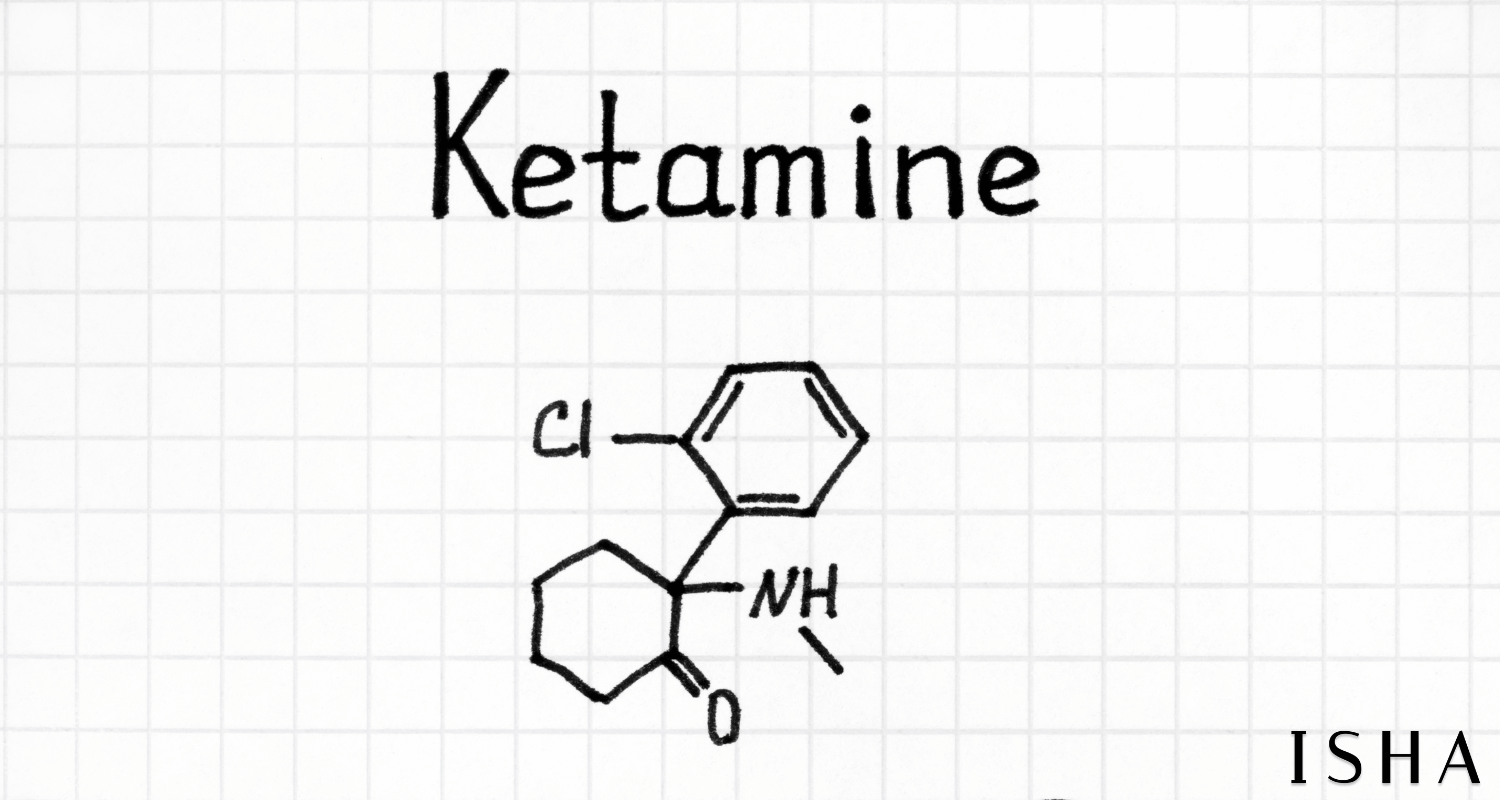Online Ketamine Treatment Available in: AZ, CA, CO, FL, GA, NY, OR, TX, and WA.
Online Ketamine Treatment Available in: AZ, CA, CO, FL, GA, NY, OR, TX, and WA.
FOR PATEINTS
Make an AppointmentpricingOUR TREATMENT APPROACH.png)
Mental Health
March 17, 2025
March 17, 2025
The UK Parliament’s research briefing examines the growing body of evidence supporting psychedelics such as psilocybin and ketamine for treating depression, PTSD, and other mental health conditions. While promising, regulatory barriers and the need for further research remain key challenges.
A newly released research briefing from the UK Parliament “Psychedelics for Mental Health Treatment” provides an in-depth overview of the potential for psychedelics in modern psychiatry. The document evaluates the latest research, key benefits, risks, and regulatory considerations surrounding substances like psilocybin, MDMA, and ketamine.
Mental health conditions such as depression and PTSD remain challenging to treat with conventional medications, leading researchers to explore psychedelics as an alternative. The report highlights that psilocybin, the active compound in magic mushrooms, has shown promising results in clinical trials for treatment-resistant depression. Meanwhile, MDMA-assisted therapy is on track for potential approval for PTSD treatment in the U.S., with trials demonstrating significant efficacy.
Ketamine, which has been used in medicine for decades as an anesthetic, is already approved for treatment-resistant depression in the form of esketamine (Spravato). However, the report notes that its long-term effects and mechanisms of action require further investigation.
Despite promising findings, psychedelics face significant regulatory hurdles. The UK classifies substances like psilocybin as Schedule 1 drugs, meaning they are considered to have no medical use and are subject to strict controls. This classification makes it difficult for researchers to conduct large-scale clinical trials.
The briefing also raises concerns about safety, as psychedelics can induce altered states of consciousness that require careful monitoring during treatment. While psychedelic-assisted therapy typically occurs in a controlled clinical setting, questions remain about scalability, patient selection, and long-term efficacy.
The UK government has shown some openness to reviewing policies on psychedelic research, but major legal and institutional shifts are still needed before these therapies can become mainstream treatments. As countries like Australia and parts of the U.S. move toward psychedelic-assisted therapy approvals, the UK may follow suit if more clinical evidence supports their use.
For now, continued research and international collaboration will be key to determining whether psychedelics can revolutionize mental health treatment or remain on the fringes of medicine.
To read the full report, visit: Psychedelics for Mental Health Treatment.
Q: What are the main psychedelics discussed in the UK Parliament report?
A: The report primarily focuses on psilocybin (magic mushrooms), MDMA (often associated with PTSD treatment), and ketamine (already approved for depression in some cases).
Q: What does the report say about psilocybin?
A: It highlights psilocybin’s potential for treating depression, especially in cases where traditional antidepressants have failed. Clinical trials show promising results, but regulatory restrictions in the UK make research challenging.
Q: Is ketamine different from psilocybin and MDMA?
A: Yes, ketamine is already approved for depression treatment in some countries, including the U.S. However, it works differently from traditional psychedelics and requires further study to understand its long-term impact.
Q: What are the biggest barriers to psychedelic therapy becoming mainstream in the UK?
A: The main barriers include strict drug classification laws, the need for further large-scale clinical trials, safety concerns, and the challenge of integrating these treatments into existing healthcare systems.
Q: How does the UK compare to other countries in psychedelic research?
A: The UK is behind countries like Australia and parts of the U.S., where psychedelics are moving toward approval for therapeutic use. However, there is growing interest in reforming research policies.
For a full breakdown of the UK Parliament’s findings, check out the official report: Psychedelics for Mental Health Treatment.
Get the latest insights on psychedelic therapy, mental health, and innovative treatments—straight to your inbox.
Sign up
for the
Isha Health
Newsletter
More on
Mental Health
This website has been reviewed by Isha Health California, P.C. and should not be used as medical advice in place of a licensed psychiatric clinician.
IN CASE OF EMERGENCY:
If you are in a life-threatening situation, don’t use this site. Call, text, or chat 988 or 1-800-273-TALK (8255), or use these resources to get immediate help.



.png)

.png)
.png)
.png)
.png)
.png)






.png)
.png)
.png)
.png)









.png)




.png)
.png)
.png)



.png)










.png)
.png)





.png)



.png)



.png)
.png)
.jpg)

.png)
.jpg)
.png)
.png)

.jpg)

.png)
.png)
.png)

.png)




%202.png)
.png)



.png)
.png)
.png)
.png)
.png)
.png)
.png)